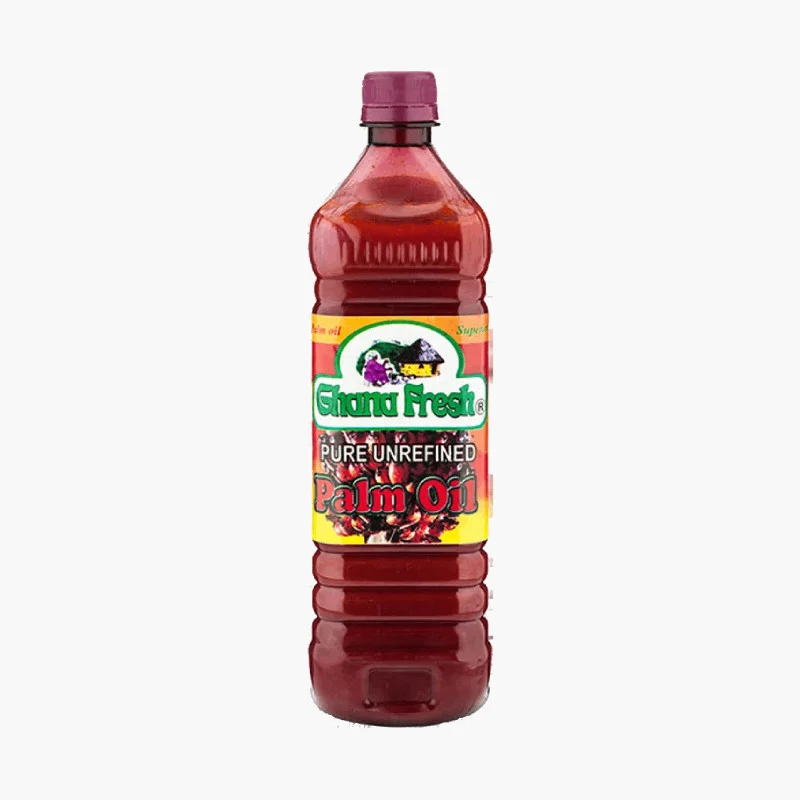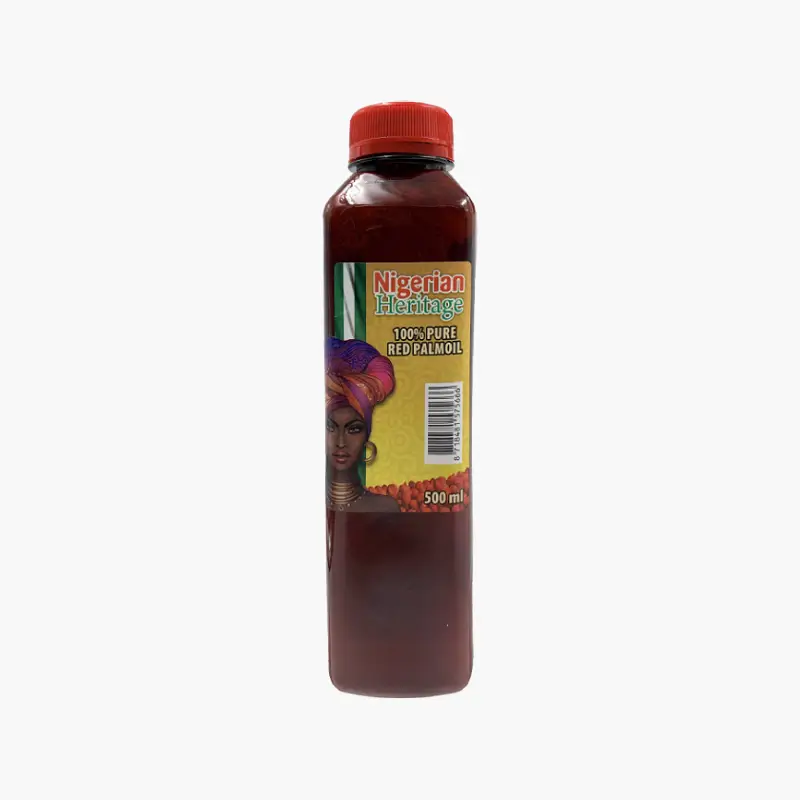Introduction to Ghana Fresh Palm Oil
Ghana Fresh Palm Oil is a vital component of Ghanaian culture and cuisine, reflecting a rich heritage that spans centuries. Derived from the fruit of the oil palm tree, this vibrant red oil is not only a culinary staple but also a symbol of tradition and community in many Ghanaian households. The oil palm tree, Elaeis guineensis, thrives in the tropical climates of West Africa, particularly in Ghana, where it has been cultivated for generations.
The production of palm oil in Ghana is a testament to the country’s agricultural prowess and deep-rooted cultural practices. The process involves harvesting the fruit, extracting the oil through traditional or modern methods, and refining it for various uses. Its bright red hue and distinct flavor make it a key ingredient in numerous Ghanaian dishes, such as soups, stews, and sauces, contributing to the rich and diverse culinary landscape of the region.
Beyond its culinary applications, Ghana Fresh Palm Oil is valued for its versatility and benefits. It is used in traditional medicine, cosmetics, and even as a source of biofuel. Its high content of carotenoids, tocotrienols, and other antioxidants provides health benefits, including improved skin health and cardiovascular support. These attributes have made it an essential commodity in both local and international markets.
Understanding the cultural significance and multifaceted applications of Ghana Fresh Palm Oil offers a glimpse into its importance in everyday life in Ghana. Its production and use are deeply intertwined with the country’s history, economy, and social practices. As we delve further into its benefits and heritage, it becomes evident that Ghana Fresh Palm Oil is more than just an ingredient; it is a cornerstone of Ghanaian identity.






Reviews
There are no reviews yet.